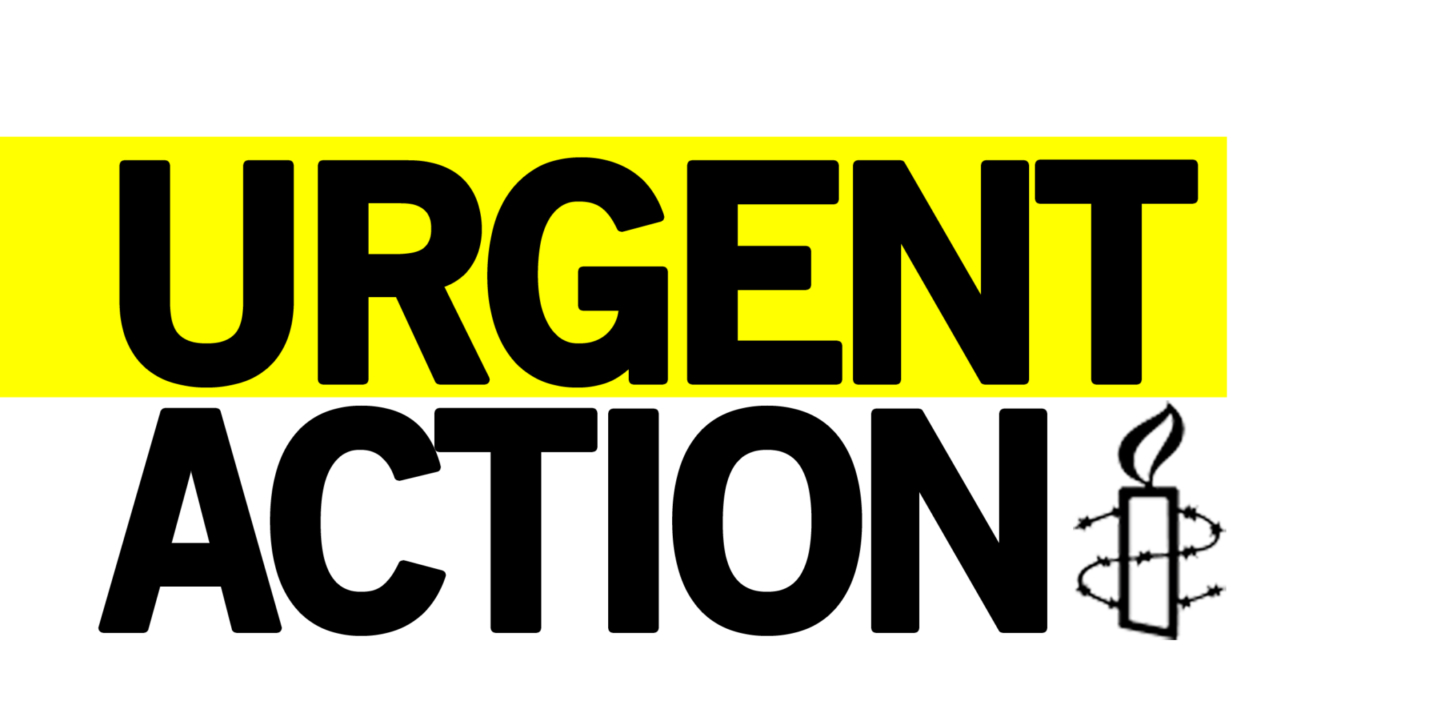Approximately 3000 people have been killed by police and unknown vigilantes in the Philippines since President Duterte came into power on 30 June. Many may amount to extrajudicial executions. The President has vowed that the killings will continue.
Latest figures as of 20 September show that at least 3000 people have been killed in a wave of state-sanctioned violence since President Duterte came into power on 30 June. In a speech on 6 September, the President issued his latest promise that his crackdown on those accused of using or selling drugs would continue, acknowledging that ‘plenty (more) will be killed’. On 16 September, President Duterte announced he was extending his campaign for six more months.
The wave of killing across the Philippines has resulted in increased lawlessness and ‘punishment’ being meted out in the absence of any legal authority or fair legal procedures. The unlawful killing has not just affected alleged drug users and dealers, but also many bystanders, including children as young as five.
Under international law, the Philippines has a legal obligation to respect and protect the right to life at all times. International law and standards narrowly restrict the use of force by police to situations where it is absolutely necessary and used proportionately. Police must apply non-violent means before resorting to the use of force, and carry out their duties in a way that ensures full respect for human rights, among them the right to life, liberty and security of all persons, including those suspected of crime. Incitement to violence and discrimination is prohibited under international law and risks escalating violence in the country. Theunlawful and deliberate killing carried out by order of officials or with the state’s complicity or acquiescence is an extrajudicial execution and is a crime under international law. The Philippines has an obligation to investigate and prosecute credible allegations of extrajudicial executions and any other unlawful killings and bring those suspected of criminal responsibility to justice in fair trials.
Please write immediately in English, Tagalog or your own language:
- Urging the President to condemn extrajudicial executions and other unlawful killings and call on law enforcement officials to abide strictly by international law and standards on the use of force;
- Urging the authorities to ensure prompt, independent and impartial investigations into all reports of use of lethal force by the police, extrajudicial executions and other unlawful killings and ensure those responsible are brought to justice through a fair trial process;
- Urging them to ensure that police activities are subject to independent oversight by setting up an independent police oversight body, protection of witnesses and enhanced transparency and accountability mechanisms.
PLEASE SEND APPEALS BEFORE 1 NOVEMBER 2016 TO:
| President Rodrigo Duterte Malacanang Palace 1000 Jose P Laurel Sr, San Miguel, Manila, Metro Manila, Philippines Email: [email protected] Salutation: Your Excellency | Ronald dela Rosa Philippine National Police Headquarters Camp General Crame, Quezon City, Metro Manila, Philippines 1100 Email: [email protected] Salutation: Director General | And copies to: Philippines Commission on Human Rights SAAC Building, Commonwealth Avenue, UP Complex, Diliman, Quezon City Email: [email protected] |
Additional Information
In a nationally televised speech on 5 June, President Duterte stated that he will offer huge bounties to those who turn in drug lords, dead or alive. The President also promised large sums of money as reward for the death of suspected criminals. In other statements, he has said he would give security forces “shoot-to-kill” orders against organised criminals or those who resisted arrest. These pronouncements sparked alarm that the President’s anti-crime drive might lead to widespread rights violations. For more information see: https://www.amnesty.org/en/documents/asa35/4706/2016/en/
According to police officials, more than 3000 people have been killed since Mr. Duterte took office on June 30: at least 1105 suspects have been shot dead by police allegedly for resisting arrest, while another 2035 suspects have been killed by unknown vigilantes. A senate inquiry into the killings, which began in August, is currently ongoing. On 15 September, and during the inquiry, witness Edgar Matobato, alleged the President ordered him and others to kill over 1000 criminals and political rivals over a 25 year period as mayor of Davao City. On 14 of September, UN High Commissioner for Human Rights Zeid Ra’ad Al Hussein criticised the President and the wave of killings in his opening speech before the UN Human Rights Council. Duterte has since said that threats to investigate him locally or by international organizations like the UN would not stop him from continuing with his crackdown.
Under international law, law enforcement officials must carry out their duties in accordance with the law, and with full respect for the right to life. Police must comply with human rights safeguards as set out in the UN Code of Conduct for Law Enforcement Officials (1979) and the UN Basic Principles on the Use of Force and Firearms by Law Enforcement Officials (1990).
Police must apply non-violent means before resorting to the use of force, which may be used only if non-violent means have proven to be ineffective or are likely not to be effective (Article 4, Basic Principles). The use of any force by police should be strictly limited to those situations where it is absolutely necessary for the achievement of a legitimate law enforcement aim. If the use of force is unavoidable, they must always exercise restraint in its use.
Further information on UA: 186/16 Index: ASA 35/4857/2016 Issue Date: 20 September 2016


